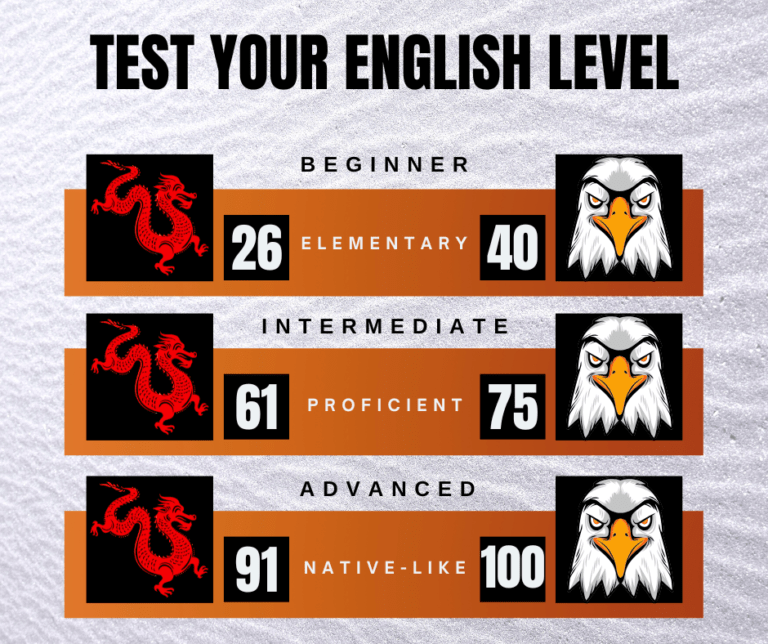
Present Indefinite Exercise 9 — Simple Present Tense Quiz with Useful Daily Vocabulary
Welcome to Present Indefinite — Exercise 9, part of our free English grammar quiz series.
In this set, you’ll practice the Simple Present tense while learning useful daily vocabularies—the kind you actually use when you manage work, decide things, arrange plans, fix problems, and improve skills.
Each question includes four choices, the correct answer, and a short explanation with a definition of the verb so you grow your vocabulary while mastering grammar.
Definition: Present Indefinite (Simple Present)
The Present Indefinite (Simple Present) describes habits, general truths, repeated actions, scheduled events, and states.
- Formation: base verb, verb 1st form, for I/you/we/they (e.g., I walk, they eat).
- Third person singular (he/she/it): add -s or -es on base verb (e.g., he walks, she goes).
- Negatives & questions: use do/does + base verb (e.g., Do they plan? / Does he plan? / He does not (doesn’t) plan.).
- Use with adverbs of frequency: always, usually, often, sometimes, never.
- To learn more about Present Indefinite Tense – Visit Here
Quiz Instructions
- Read each question and choose the best answer out of four given options.
- On top, header section of the quiz, you will see the “title of the quiz,’ ‘spending-time,’ ‘value of question in points,’ and ‘number of questions.”
- Below on footer, you will see Full Screen mode. As the name suggests, it covers the whole screen. It will save a lot of your time attempting the quiz.
- You can zoom the images given in the questions.
- After submitting the quiz, you can see your score and compare with other users.
- The Full Leaderboard link will take you to a page, where you can see all users attempts.
- Below the quiz box, there are explanation of each options. You can study and try again.
- Best of Luck!
Quiz Question, Answer and Explanation
Note: Do remember in the quiz box above, the questions and options will shuffle, so they won’t have the same sequence like 1, 2, 3, or A, B, C as below.
1. They never ______ money without a receipt.
A) withdraw B) withdraws C) withdrawing D) withdrew
Verb definition: withdraw = to take money out of a bank account.
Correct: A) withdraw
Why A is correct: They (plural) + base verb withdraw. Never is a frequency adverb.
Why B is wrong: withdraws 3rd singular.
Why C is wrong: withdrawing participle.
Why D is wrong: withdrew past.
2. The store ______ products on the website every week.
A) advertise B) advertises C) advertising D) advertised
Verb definition: advertise = to promote goods or services publicly.
Correct: B) advertises
Why B is correct: The store (singular) → 3rd person singular advertises.
Why A is wrong: advertise base form; wrong for singular.
Why C is wrong: advertising participle.
Why D is wrong: advertised past.
3. I always ______ my software after work.
A) update B) updates C) updating D) updated
Verb definition: update = to bring software/data to the latest version.
Correct: A) update
Why A is correct: I + base verb update for habitual action.
Why B is wrong: updates 3rd singular.
Why C is wrong: updating participle.
Why D is wrong: updated past.
4. She ______ the meeting notes into a short summary.
A) summarize B) summarizes C) summarizing D) summarized
Verb definition: summarize = to give a brief statement of the main points.
Correct: B) summarizes
Why B is correct: She → 3rd person singular → summarizes.
Why A is wrong: summarize base form; wrong for she.
Why C is wrong: summarizing participle.
Why D is wrong: summarized past.
5. Do you ______ rooms by phone or online?
A) book B) books C) booking D) booked
Verb definition: book = to reserve accommodations, tickets, etc.
Correct: A) book
Why A is correct: Question with Do you → base verb book.
Why B is wrong: books wrong after do.
Why C is wrong: booking participle.
Why D is wrong: booked past.
6. They ______ documents between English and Spanish for clients.
A) translate B) translates C) translating D) translated
Verb definition: translate = to render text from one language into another.
Correct: A) translate
Verb definition: translate = to render text from one language into another.
Why B is wrong: translates 3rd singular.
Why C is wrong: translating participle.
Why D is wrong: translated past.
7. The magazine ______ new articles every month.
A) publish B) publishes C) publishing D) published
Verb definition: publish = to prepare and issue content for public sale or distribution.
Correct: B) publishes
Why B is correct: The magazine (singular) → 3rd person singular publishes.
Why A is wrong: publish base form; wrong for singular without auxiliary.
Why C is wrong: publishing participle.
Why D is wrong: published past.
8. I often ______ to newsletters to learn updates.
A) subscribe B) subscribes C) subscribing D) subscribed
Verb definition: subscribe = to sign up to receive regular content (newsletters, services).
Correct: A) subscribe
Why A is correct: I + base verb subscribe.
Why B is wrong: subscribes 3rd singular.
Why C is wrong: subscribing participle.
Why D is wrong: subscribed past.
9. He often ______ with clients to negotiate deals.
A) negotiate B) negotiates C) negotiating D) negotiated
Verb definition: negotiate = to discuss terms to reach an agreement.
Correct: B) negotiates
Why B is correct: He → 3rd person singular → negotiates.
Why A is wrong: negotiate base; wrong with he.
Why C is wrong: negotiating participle.
Why D is wrong: negotiated past.
10. We occasionally ______ deadlines when necessary.
A) postpone B) postpones C) postponing D) postponed
Verb definition: postpone = to delay or put off to a later time.
Correct: A) postpone
Why A is correct: We + base verb postpone for habit/situation-based action.
Why B is wrong: postpones 3rd singular.
Why C is wrong: postponing participle.
Why D is wrong: postponed past.


